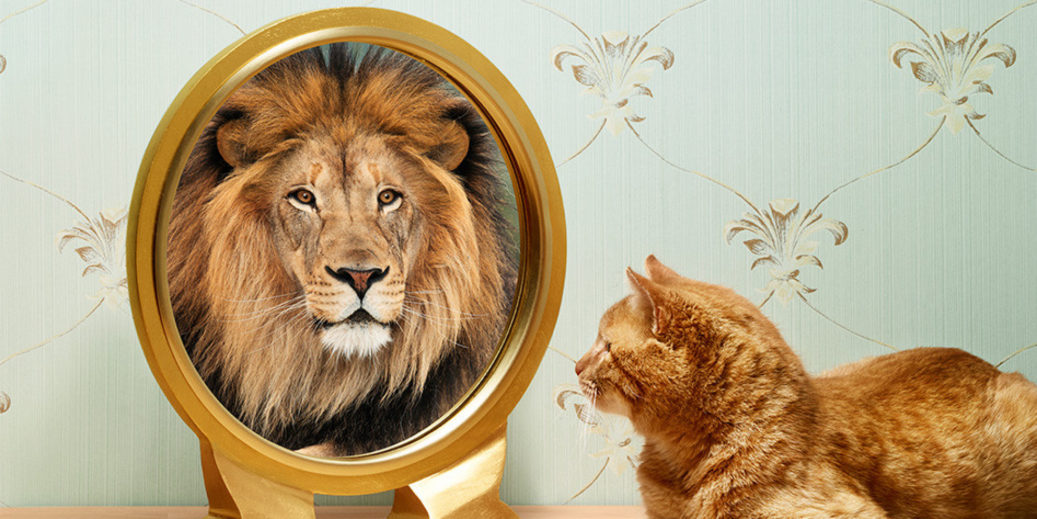-When it comes to our self-perception of our ethics, most of us have delusions of grandeur. –
Think of the most ethical person you know. Do a lot of people come to mind or only a few? Are you having trouble thinking of anyone?
If I asked that question of the people who know you well, how many would name you? Almost all? About half? Just a few?
Unless this commentary makes you more humble, you will probably be among the vast majority who say that half or more of the people they know would think of them as an ethical role model. That’s highly unlikely. It’s more probable that almost no one you know would put you at the top of the list. Let’s face it, that’s a tough roster to get on.
Surveys show that about 95 percent of us want others to think of us as highly ethical, so our delusion of grandeur regarding our moral reputation is probably a case of wishful thinking. But wishful thinking won’t do it.
I wish I were thin. Unfortunately, my slim ambitions won’t change my waist size. For me, thinness will be an elusive dream until I convert my desire to actions: exercising regularly and eating moderately.
It’s the same with being ethical. Most of us suffer from moral flabbiness. This doesn’t mean we’re bad, but it does suggest we can be better. What we need is a “Be a Better Person” fitness program to tone up our character and strengthen our ethics. Just like working on our waist, hips, or arms, we could work on our honesty, fairness and responsibility.
Who knows? If you really work at it, you could even make the list.
This is Michael Josephson reminding you to stay ethically fit because character counts.

